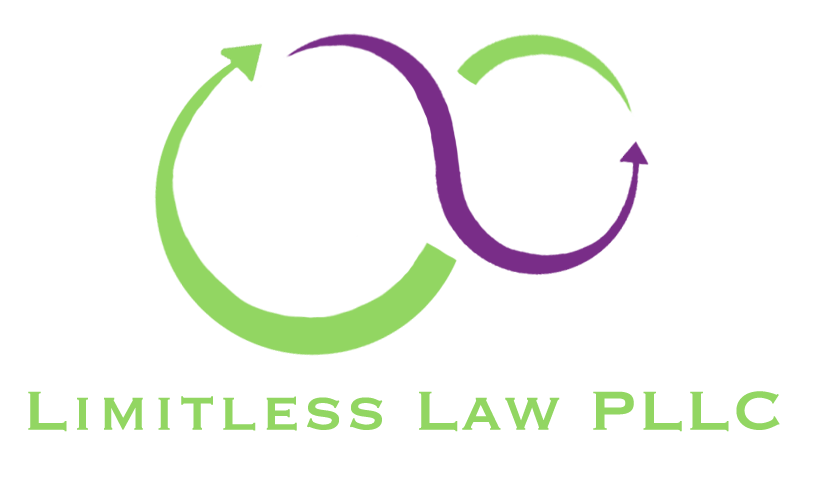Your Brand, Product & Creations - A Guide to Your Intellectual Property Rights
When talking about "intellectual property" there is often some confusion about the differences between trademark, patent, and copyright. Let's look at some differences in intellectual property rights for your brand, products, and creations.
What is a Trademark?
A trademark is a way to protect the branding of a company. A company can use a trademark to protect a word, phrase, symbol, and/or image from use by another company or person. A service mark is similar, but identifies and distinguishes the source of a service rather than the goods themselves. You register the trademark with United States Patent and Trademark office. Trademarks can include names, slogans, logos, or designs. You can register a logo in color (to protect the color scheme) or in black and white. Trademarks don’t expire after a certain number of years, which is different than patents and copyrights. There is no mandatory registration of trademarks, but there are benefits to registering your trademark: there is a notice to the public, it is legally presumed ownership nationwide, and the exclusive right to use the mark.
What is a Patent?
Patents are intellectual property that is protected by law. It allows the owner of the patent to make, sell, or import an invention. Patent last for a limited amount of time, usually twenty years. The duration of the patent depends on the type of patent granted. A patent is registered with the United States Patent and Trademark office. In order to receive a patent, the maker must publicly disclose the invention. US patents are only effective within the United States, the U.S. territories, and U.S. possessions. The patent actually excludes others from making, using, offering for sale, selling, or importing the invention rather allowing you to make, use, offer for sale, sell, or import the invention into the United States.
What is a Copyright?
A copyright is the legal right that allows the creator of an original work exclusive rights for the use and distribution of that work. Copyright is typically used for books, poems, plays, songs, film, or artwork, as opposed to a patent which is an invention. A copyright is filed with the Copyright Office, but is not typically necessary. The benefits of registering include it establishes public record of the copyright and registration is necessary before you can file an infringement suit. Copyrights usually last for the life of the author plus an additional 70 years. While anonymous, pseudonymous, and for hire works are copyrighted 95 years from date of publication or 120 years from the date of creation, whichever is shorter.
If you are seeking legal assistance with business law, probate, estate planning, adoption, real estate transactions, prenuptial agreements, bankruptcy or debt settlement, please don't hesitate to reach out to the experienced team at Limitless Law PLLC. We're here to help.
Call 360-685-0145 or click here to learn more.






